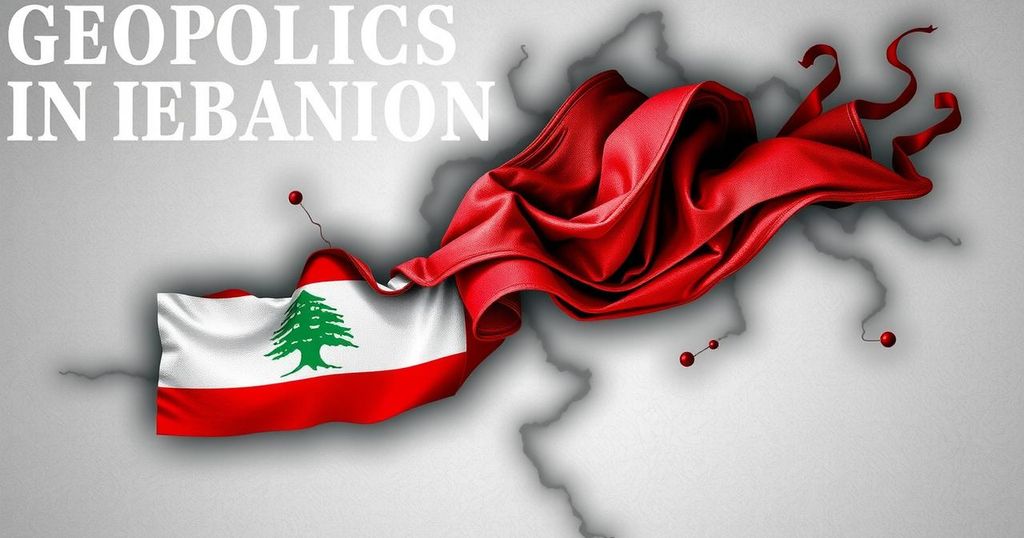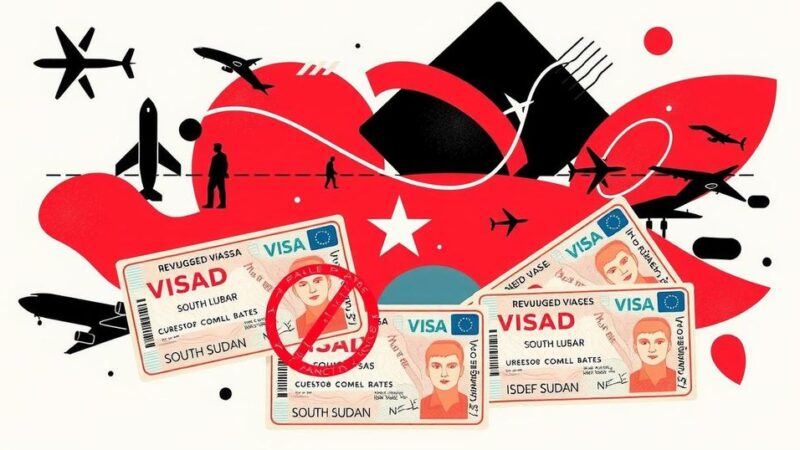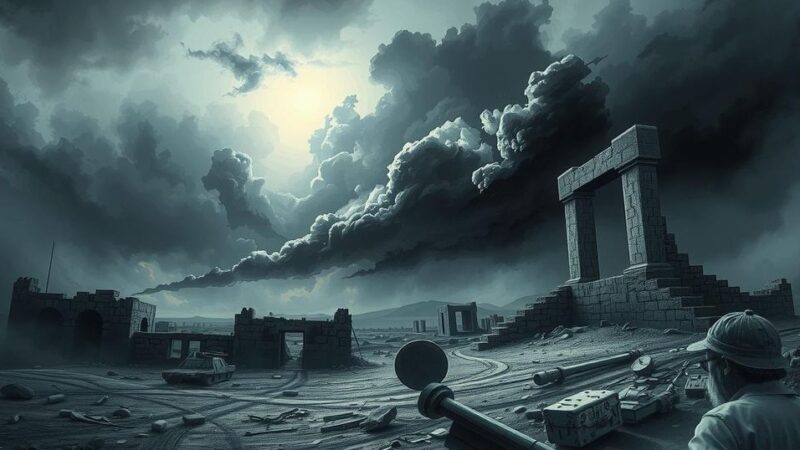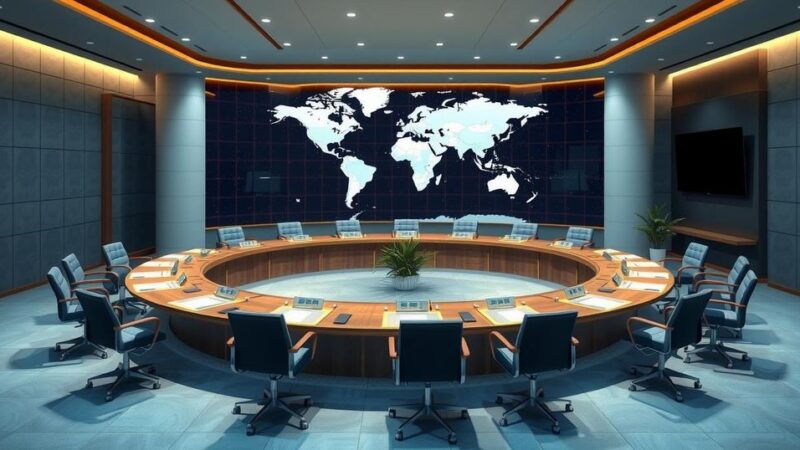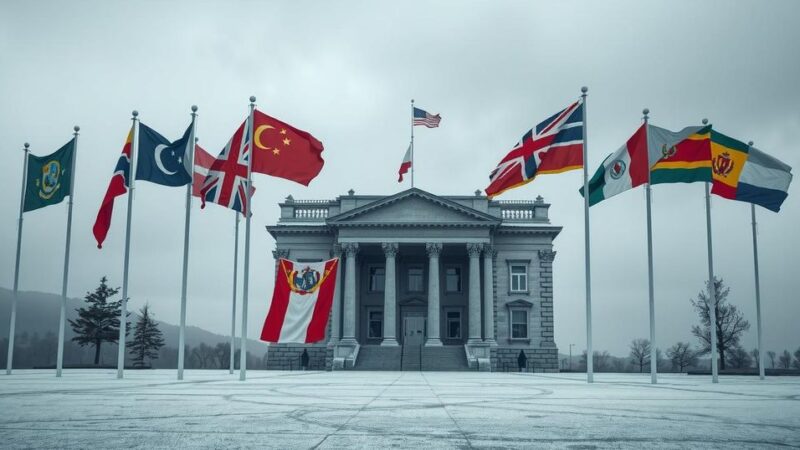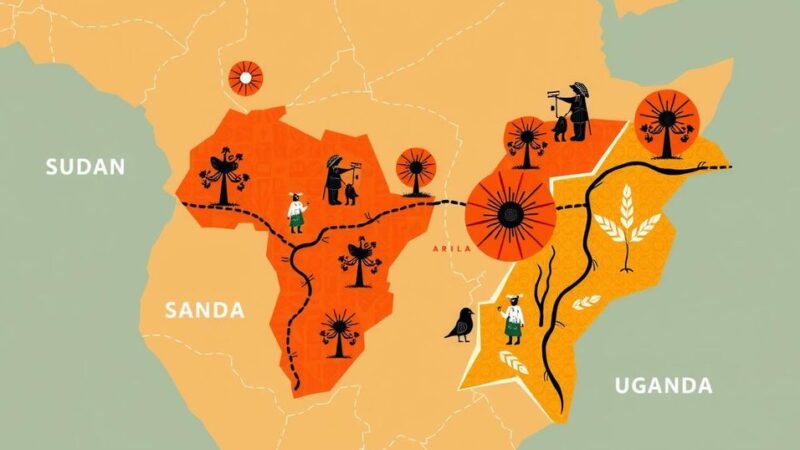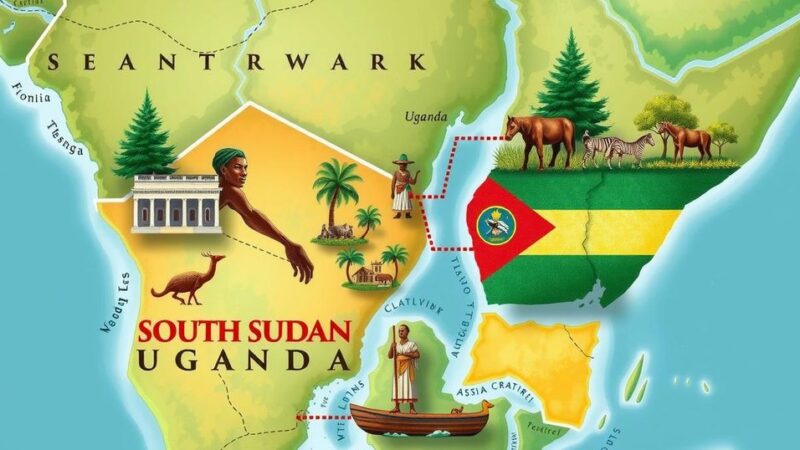Joseph Aoun’s election as Lebanon’s president may herald a shift toward stability as Hezbollah and Iranian influence wane. Faced with the task of reforming a deeply corrupt political landscape, Aoun’s ability to assert state authority over armed factions will be crucial. The success of his administration will depend on both domestic cooperation and the support of the international community while navigating old power dynamics.
Lebanon’s future stability increasingly appears contingent upon the waning influence of Hezbollah, the Syrian regime, and Iran. For years, Lebanon’s political landscape has been dominated by a precarious balance of internal factions, regional power plays, and external interventions that thwart its progress towards peace and reform. The election of Joseph Aoun, a military veteran becoming President, brings a renewed sense of potential for change amid these evolving dynamics.
Historically, Lebanese leadership has often struggled against entrenched political elites and the manipulative pressures of foreign influences. Joseph Aoun’s presidency could signal a shift towards independence from the long-standing practices that have led the nation to economic decline and political instability. The backdrop of Hezbollah’s recent military setbacks against Israel and the weakening of its patron, Iran, illustrates significant changes that might empower Aoun to restore governance.
Central to Aoun’s mandate will be his capability to navigate the ideological rift that has long justified armed resistance against Israel, perpetuated by Hezbollah. His acceptance by the group hints at shifting political paradigms, wherein Hezbollah’s power is not absolute. Yet, the extent of their cooperation will be pivotal as Lebanon seeks to reclaim sovereignty over its military capabilities.
The challenge lies in Aoun’s ability to dismantle the entrenched powers that reduced Lebanon to a puppet state, vulnerable to external actors while impoverishing its citizens. The need for a framework that prioritizes national identity over sectarian loyalty becomes urgent following decades of mismanagement under corrupt leaderships.
Additionally, the international community’s involvement in supporting Aoun’s ascent reflects a collective desire to foster a stable Lebanon. Yet, successful stabilization will depend fundamentally on Aoun’s management of political coalitions, especially amidst continuing opposition from pro-Hezbollah factions that may resist significant reform efforts. With a looming general election, government appointments will serve as critical indicators of Lebanon’s trajectory.
As domestic and foreign pressures mount, the realization of Aoun’s promises becomes increasingly unpredictable. Should he fail to assert the Lebanese state’s authority, the opportunity for genuine national renewal could slip away once again, perpetuating cycles of chaos and despair that have long engulfed the nation.
Aoun’s presidency represents a crucial juncture for Lebanon, poised between potential reconciliation with the Arab world, economic revitalization, and the daunting task of curbing an entrenched militia power.
Lebanon has long endured a complex interplay of internal sectarian divisions, regional conflicts, and external influences that shape its politics and governance. Following years of instability, the election of Joseph Aoun as President arrives at a pivotal moment where shifts in the regional dynamics, particularly weakening positions of Hezbollah and Iranian control, could provide an opportunity for Lebanon to redefine its political landscape. This historical context is essential in understanding the potential implications of Aoun’s presidency on national stability and reform.
In summary, Joseph Aoun’s election as President of Lebanon comes with significant potential for change amid shifting regional dynamics that may weaken Hezbollah and Iranian influence. The success of his leadership will hinge on overcoming entrenched political corruption and asserting state control over armed factions. The overall stability of Lebanon will depend on the international community’s support and Aoun’s ability to create a newly unified political structure that prioritizes the national interest above sectarian divides. Should these efforts falter, Lebanon risks losing yet another chance for transformative peace and recovery.
Original Source: www.arabnews.com
